As of: May 24, 2024 at 4:04 p.m
Volunteering is an integral part of the cultural world, and there are many different ways to get involved. As with the citizen science project “Hanse.Quellen.Lesen!” In Lübeck. Volunteers use software to transcribe manuscripts from the Hanseatic era in order to translate historical texts into modern text.
It’s a warm, sunny Thursday afternoon in May. While others may already be lounging in the outdoor pool at this time, “volunteer transcribers” from all over Germany are joining together in a Zoom conference. Seven participants and two employees from the Research Center for the History of the Hanseatic League and the Baltic Sea Region, based at the European Hanseatic Museum in Lübeck, are participating today. They are all involved in the citizen science project “Hanse.Quellen.Read!”.
Those interested in history use the program “Transkribus” to translate manuscripts from the Hanseatic period into the modern text – the so-called Hanseatic gaps are decisions made by representatives of the Hanseatic cities, which are written down at the end of their meetings. They are central sources for research into the history of the Hanseaticism, explains the head of the research center, Angela Huang. Because there are always challenges, they meet every two weeks for a digital exchange.
No previous knowledge necessary
With the help of the “Transkribus” program, ancient manuscripts can be translated into modern texts.
Huang stresses that even professionals can’t always decipher everything. It is important that you enjoy working with the sources and enjoy the puzzles while learning about the letters. Gabrielle Sander begins today by showcasing the progress she’s made over the past few weeks. She joined from Bonn and learned her way around the business within a year without any special prior knowledge. She was motivated to do so by her interest in history.
She is currently working on a document dating back to 1588. This document concerns tariffs between different parties and countries, as well as the question of who should pay what. The pensioner had no difficulty copying the first two pages: “In the name of the Most Holy Trinity, Amen,” the handwritten document begins. But the first challenge lies on page three.
Historical facts help understanding
“The last letter is ‘t’, and it can be preceded by ‘e’, ’w’ or ‘r'” because All the squiggles,” Sander muses. In this case, group leader Vivian Popkin, research assistant at FGHO, who runs the “Hanse.Quellen.Read!” project. “He was taken care of, helped quickly: it says ‘framed’ there,” she says. If a letter cannot be deciphered at all, volunteers can first look at letters from other words or try to understand the context. To do this, Heinrich Fischl pulls some historical facts from his sleeve.
The volunteers are passionate about history
Wiechell is another volunteer participant – he lives near Lübeck, had his first contact with Hanseatic history at school and is clearly passionate about the subject. For him, better understanding the city’s history is part of his self-image. He also wants to interest a wider audience in Hanseatic history, and explains his motivations. Together the group tackles the following problem: the right name! Names are generally difficult, says Weichel, and you can sometimes get them wrong.
More information
Because here too, volunteers have to struggle with the writer’s severely curved handwriting. That’s why they check lists of people, name cards and the Lübeck city council’s website. It is a difficult task for the team that cannot be solved once and for all – after a few minutes of thinking and research, Mr. Johan Lödergkusen became Mr. Lederjkosen. If the words cannot be deciphered without any doubt, you can mark it accordingly in the transcription software. This is better than entering something incorrect.
Citizen Science: Citizens support science
Some places cracked faster. Inga Guttzeit is also involved. She says she is an amateur genealogist and also involved in citizen science on Nazi euthanasia research. Therefore, she is accustomed to reading ancient manuscripts. Gutzeit mentioned that she came across the Lübeck project at Museum Night. In principle, she believes that it is beneficial to support citizens to help science and vice versa.
A diverse group of people with different strengths and interests

Joint exchange between transcribers helps in particularly difficult cases.
Helmut Henninghausen from Kassel is also part of the diverse group. He is a retired family physician and is interested in online historical courses. He says he finds deciphering documents and presenting them to the reader an exciting challenge. Ulrich Müller is a retired orthopedic surgeon who studied history after his working life. Rather, he wants to jump into archival work again, so to speak, to “the other side” of the work currently supported by volunteers.
Christina Ross also benefits from the digital offering – she has had a lung condition since contracting Covid and then came to Hanseatic research through various digital offerings from EHM, she said. She recalls that in the beginning, reading a line would sometimes take hours – it was very tiring. She is now in her fifth year and has managed to turn it into an independent career. “I feel happy every time the computer turns on because it can start again,” she says. “There is so much to discover.”
Gerhard Szpiralski was also there from the beginning and with great joy. During his career at WDR, the musician has combed through numerous musical biographies for over 40 years. Now he is looking forward to the new challenge in Lübeck of deciphering manuscripts from the archives. Volunteering – so it can be fun.
A valuable contribution to Hanseatic research
After about an hour, the meeting ends. New tasks are distributed. Volunteers can take as much or as little as suits them at the moment. Every contribution is valuable! Vivien Popken also monitors the scope and level of difficulty of individual documents. Thanks to the commitment of volunteers, more than 1,500 pages from the 16th and 17th centuries have already been copied. It is available online to both researchers and anyone else interested, which, according to the EHM, represents an important contribution to Hanseatic research.
More information
Keywords for this article
Museums


“Alcohol buff. Troublemaker. Introvert. Student. Social media lover. Web ninja. Bacon fan. Reader.”

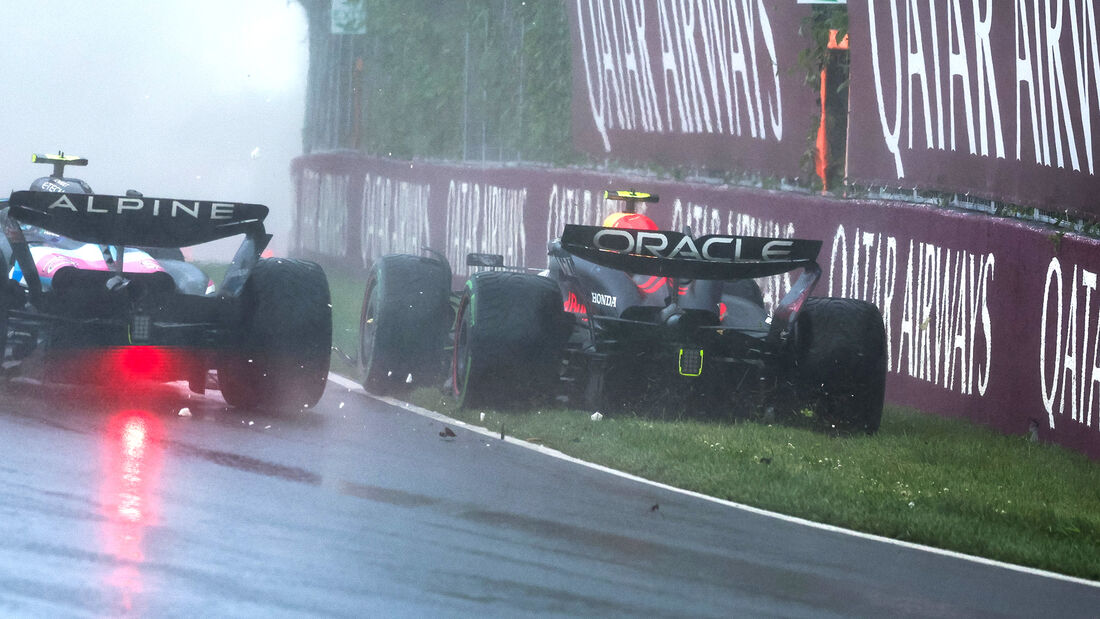
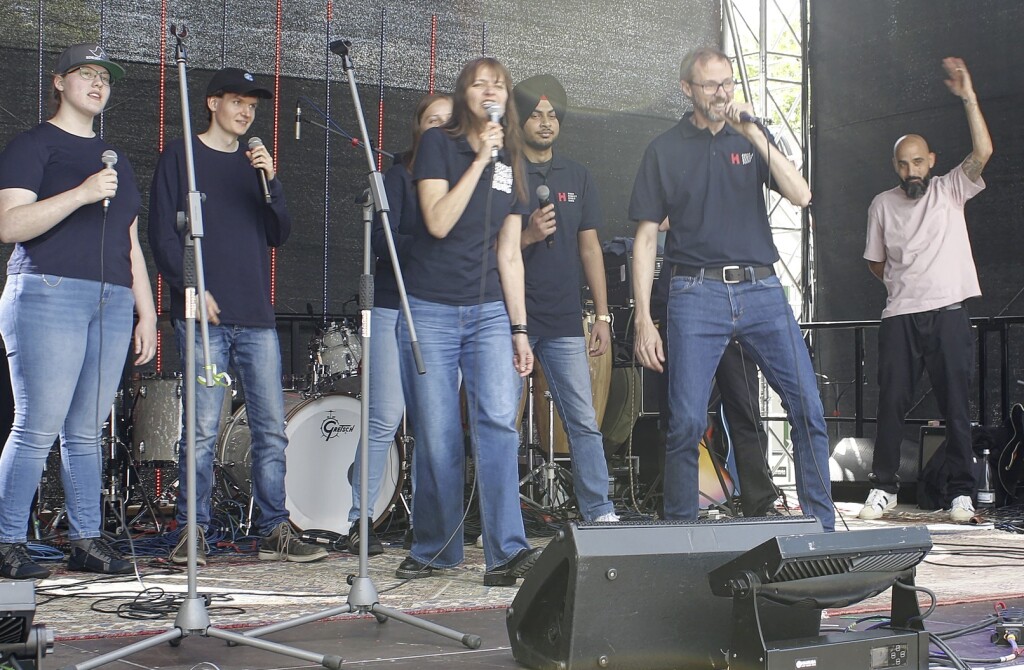

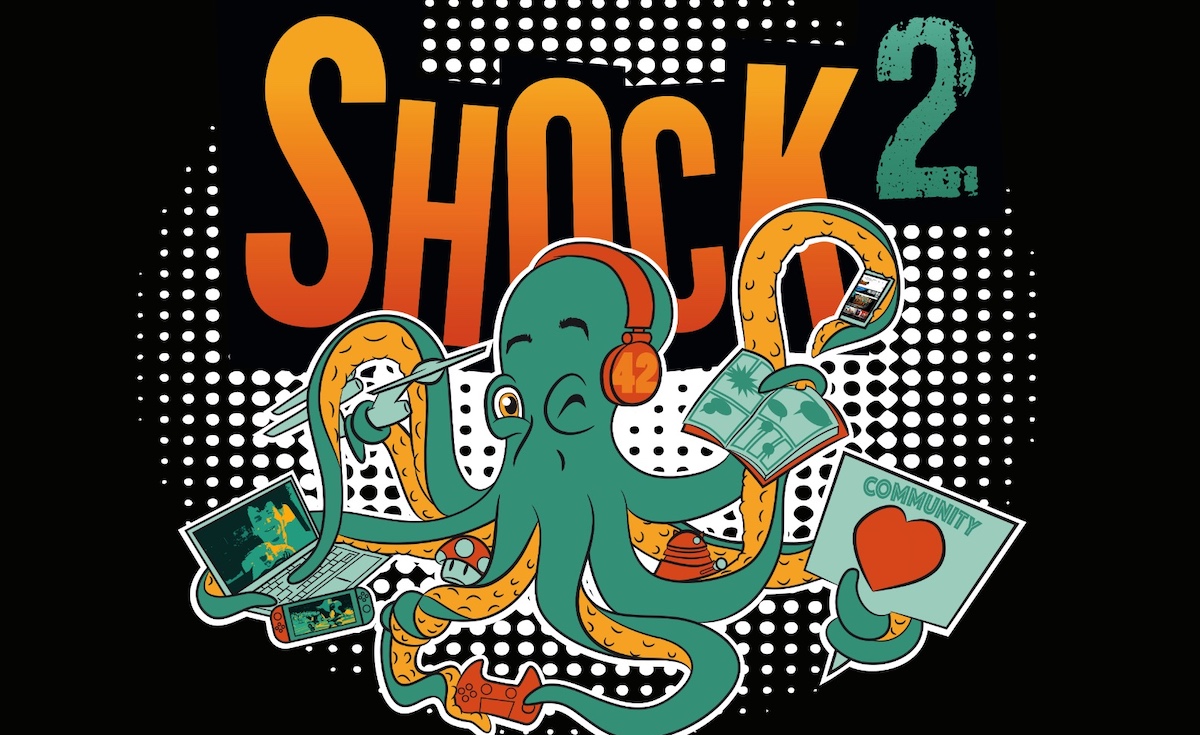
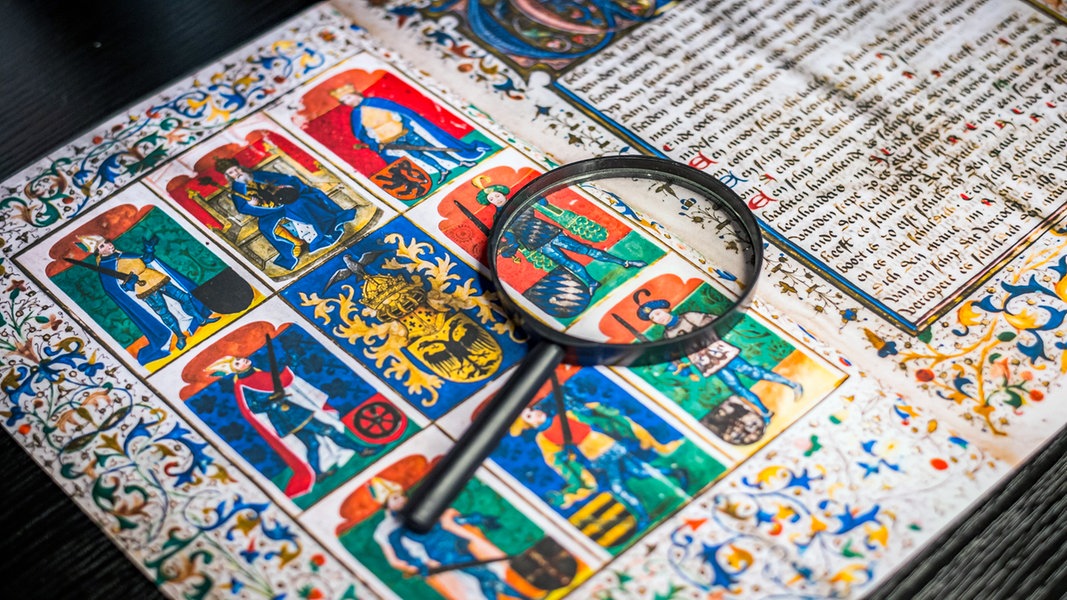
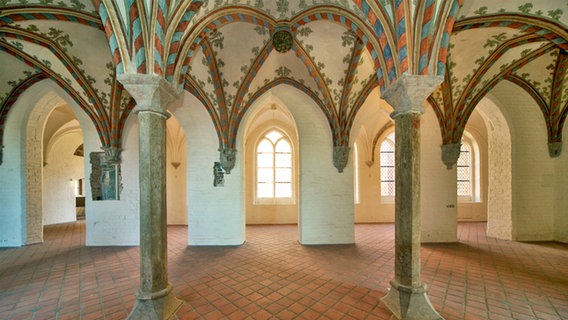
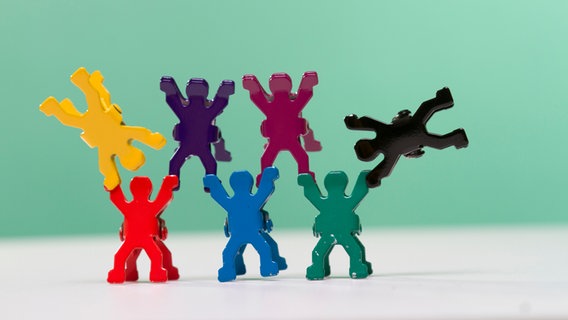
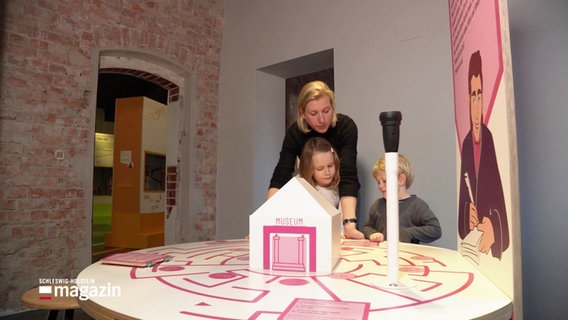
More Stories
Happy 60th birthday flag – Offenburg
The Earth’s inner core has been rotating more slowly since 2010
University of Freiburg Development of Flash Flood Index – Science